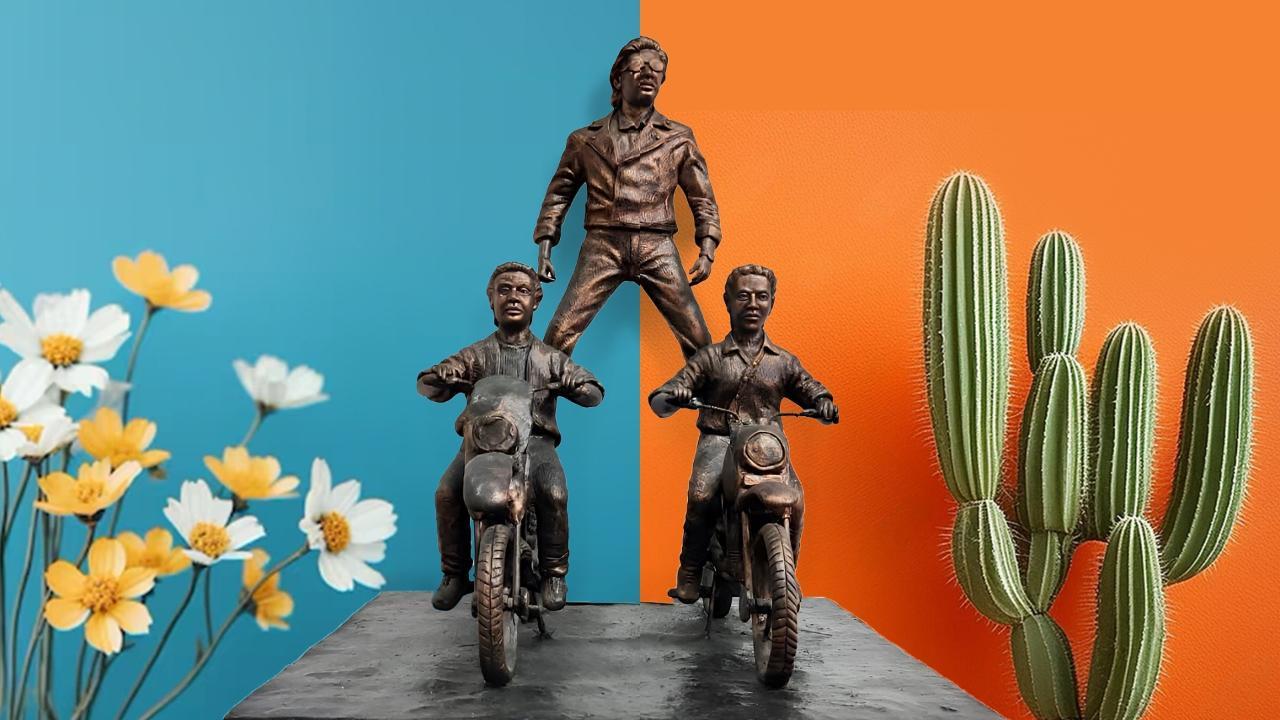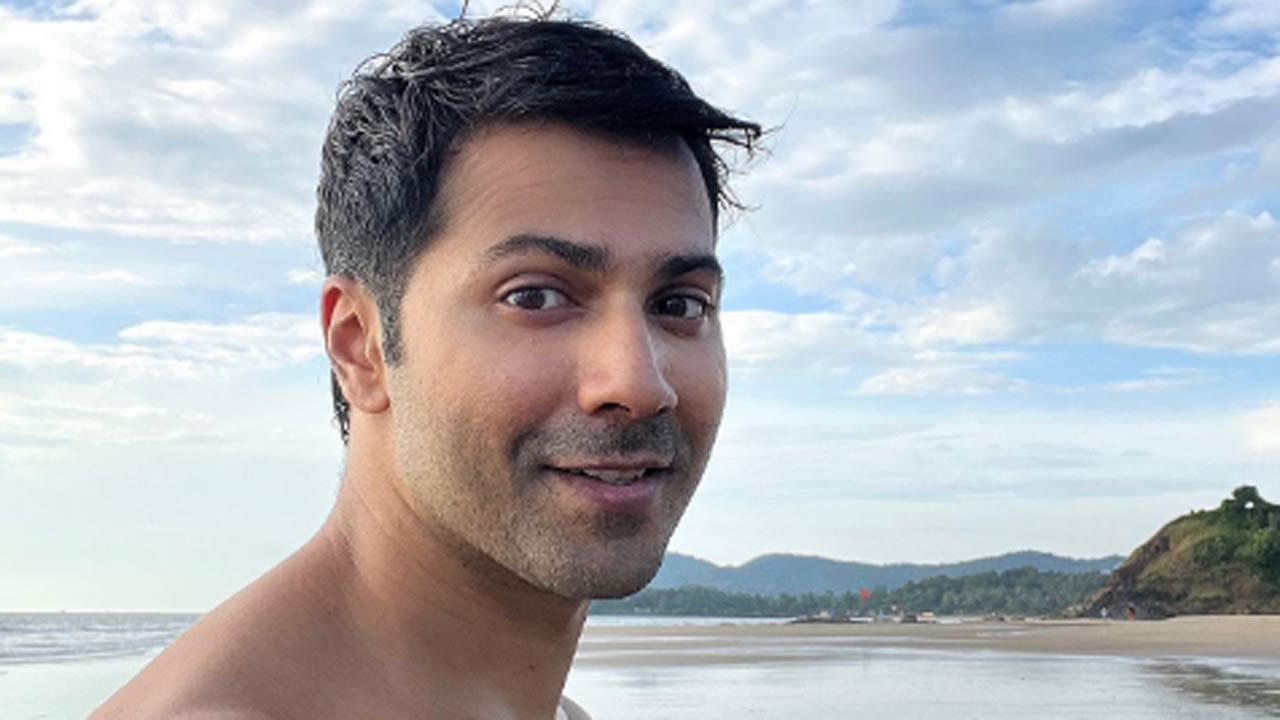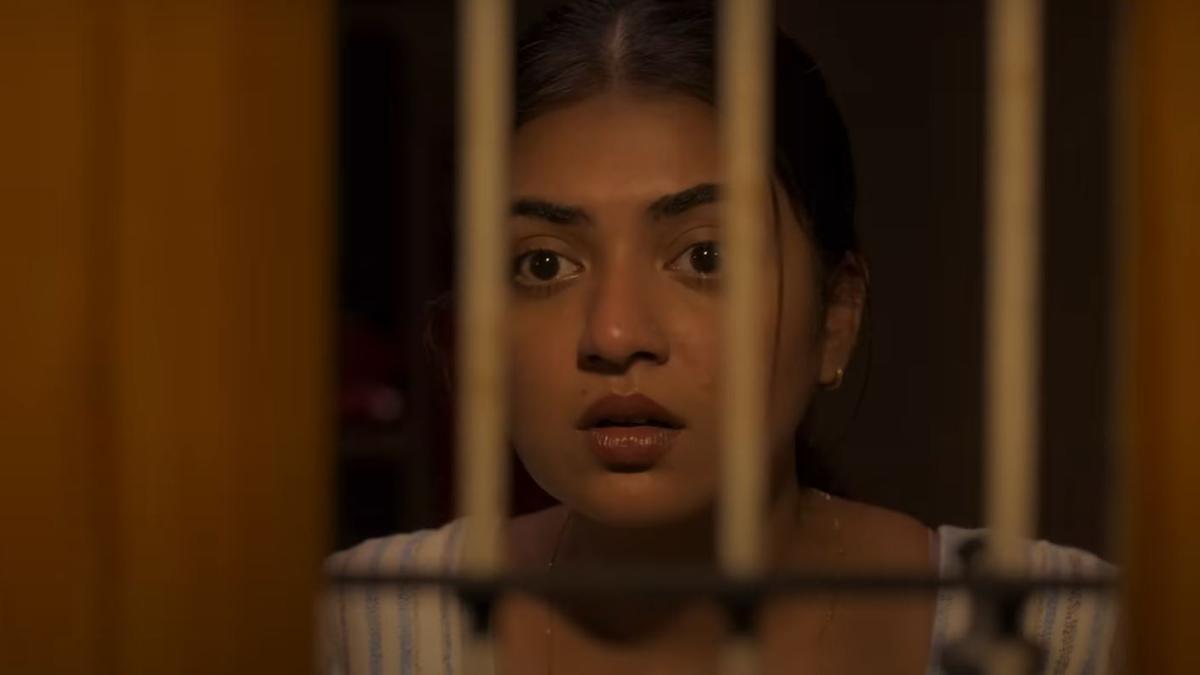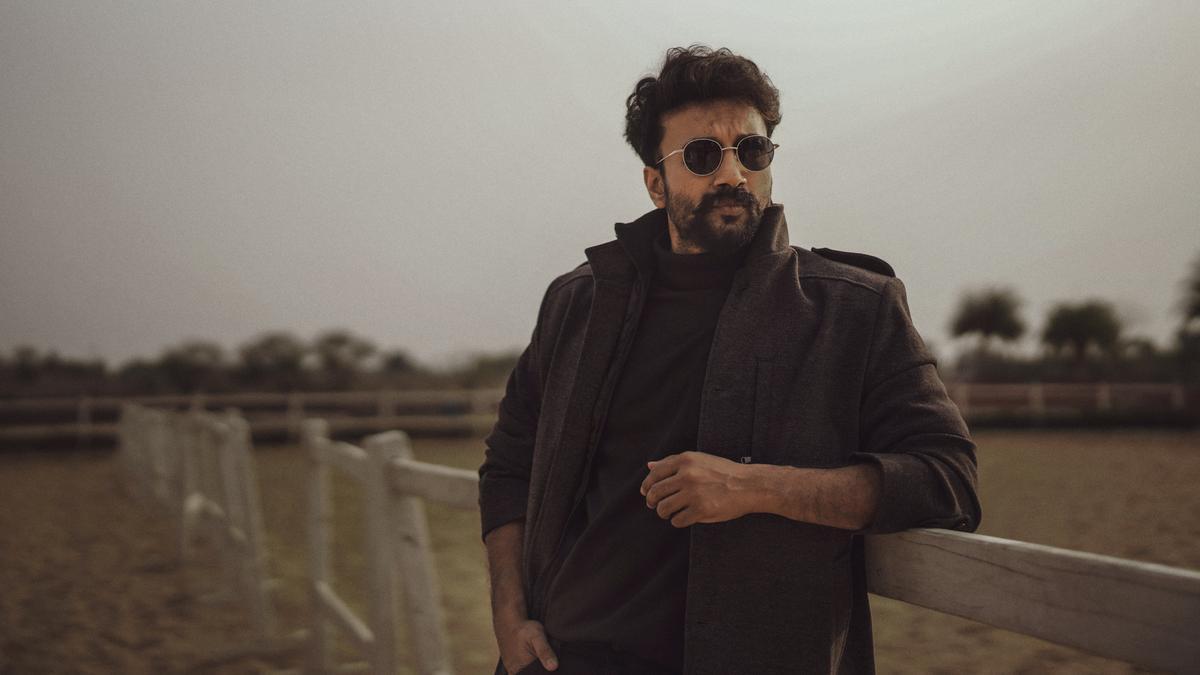
Punjabi superstar Diljit Dosanjh has always been at the forefront of discussions with his unique style and an unapologetic sense of identity. Now, he has once again become the subject of intrigue with his approach to representing his roots. In recent news, Dosanjh, who has become a global sensation, captivated audiences far and wide when he announced his upcoming appearance on The Tonight Show starring Jimmy Fallon. In his announcement, Diljit exuberantly declared, “Punjabi aa gaye oyee!” This phrase sparked a wave of curiosity and questions from fans and onlookers alike. Many wondered why he chooses to mention Punjab rather than India in his social media posts and other public statements. Finally, Diljit has shed light on this topic, providing a deeper understanding of his perspective and choices.
In a candid conversation during a podcast with entrepreneur and influencer Raj Shamani, Diljit explored this topic in depth. He began by contextualizing his roots, “Punjab is a small part of India, and I come from a very small state where regional music is made. Earlier, regional music was not that grand, but now it is global.” He highlighted the journey of Punjabi music from local obscurity to international acclaim, underscoring the pride and sense of achievement he feels coming from a smaller community.
“That feeling you have when you come from a small town is different. At the India level, there are very big artistes. I cannot sing as well as Sonu Nigam,” Diljit noted, drawing attention to the vast and varied landscape of Indian music. His humility contrasted with his sense of accomplishment, illustrated through the fact that regional music from Punjab had made such significant strides globally, evidenced by its inclusion in such prestigious events as Coachella. “Regional music reached Coachella from India, which is why I have that vibe that I came from a small place to a big one today,” he added, explaining his preference for acknowledging Punjab specifically.
This sentiment was further reinforced through an anecdote where a friend pointed out that Punjab had been represented on the world stage for the first time. “When I had gone to Coachella, a friend of mine had told me that ‘you are not realizing that it was the first time Punjabi was spoken on the world stage.’ That thought got ingrained in my mind and it automatically came out on stage; I didn’t say it consciously.
.”
As the conversation progressed, Diljit opened up about another challenge he faced—creating music in Hindi. Known primarily for his work in Punjabi, the singer-actor confessed that making Hindi songs has always been a struggle for him. The creation of the song ‘Naina’ for the movie Crew serves as a prime example. He recalled how it was Rhea Kapoor’s relentless pursuit that ultimately brought the song to life. “It’s not like I am singing Hindi songs and the whole of India is listening to me. I always spoke Punjabi, but due to Hindi films, I started speaking in Hindi,” he explained, underscoring the cultural and linguistic transition he underwent.
Further elaborating, he shared, “I cannot make Hindi songs by myself. Even ‘Naina’ in Crew happened because Rhea Kapoor made me do it. Otherwise, I cannot make Hindi songs. I told her I could not make songs for Bollywood; I didn’t know how to do it, but she pursued me for a year. At that time, I was working on an album, and she would ask me every 10 days where the song was. She was the one who brought that song to life through me.”
Diljit Dosanjh’s insight reveals a lot about his artistic journey, marked by the balance between staying true to his roots and adapting to new challenges, including language barriers in his musical endeavors.
As he prepares for the release of his upcoming Punjabi film, Jatt & Juliet 3, scheduled to hit theaters on June 27, Dosanjh continues to remain a beacon of cultural pride and artistic integrity for his fans in Punjab and across the world. Collaborating once again with Neeru Bajwa, the movie is highly anticipated, promising yet another milestone in his illustrious career.
Diljit Dosanjh’s journey illustrates not just the rise of a regional artist to global fame, but also shines a light on the cultural and personal nuances that shape such a path. His story serves as an inspiration, reminding everyone why staying true to one’s roots can sometimes be the most powerful tool for global resonance.










